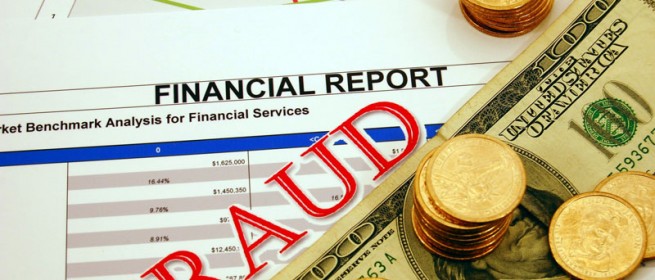Becoming a Forensic Accountant:
Forensic accounting is a specialized accounting career that focuses on analyzing financial information to detect if a white collar crime has taken place within an organization. Accountants who choose to go into this type of investigative accounting combine their understanding of the law with their knowledge of finance and accounting. Forensic accounting has become a growing field in recent years because of an increased awareness for financial discrepancies within corporations. According to the American Institute of Certified Public Accountants, (AICPA) forensic accounting is one of the most rapid growing, niche specialties in accounting and there will continue to be a high demand for these professionals.

Forensic Accounting Employment Opportunities:
The Association of Certified Fraud Examiners credits the need for more forensic accountants to the heightened intolerance for fraudulent activity. Thus, forensic accountants are no longer solely needed in an accounting firm’s forensic division, but are finding employment in a number of other settings, including:
- government agencies
- law firms
- financial institutions
- consulting firms
Accountants make an average salary, according to the BLS, of $61,000 a year. Adding a specialty like “Forensic” can increase salary greatly but will vary based on the company, location, experience and education level.
Forensic Accounting Job Description:
A forensic accountant will analyze and investigate financial evidence to look for signs that a crime such as embezzlement, securities fraud or bankruptcy was committed. Forensic accountants are not responsible for determining fraud; rather they identify inconsistencies and anomalies by providing the “who, what, where, how and why” so that the court can determine fraud.
Forensic accountants, who are often times referred to as investigative auditors, fraud investigators or forensic auditors, may be asked to:
- trace funds
- identify assets
- prepare reports of financial analysis findings
- present financial findings reports in court as an expert witness
In a recent survey conducted by the AICPA the most essential characteristics for a forensic accountant to have are:
- being analytical
- detail oriented
- ethical
- effective oral communication skills
Other traits that are beneficial for a forensic accountant to possess include being objective, credible and independent.

Forensic Accounting Career Path:
To become a forensic accountant, one must have obtained a minimum of a bachelor’s degree in accounting, but most forensic accountants have a master’s degree. Numerous schools also give students the option to pursue an undergraduate degree in forensic accounting. As a student studying to become a forensic accountant, you can expect to take a number of courses in the following areas:
- Accounting
- Business
- Law
- Fraud Auditing
Many schools also offer programs for a forensic accounting certificate, which includes courses such as:
- Interview Techniques and Legal Aspects of Fraud
- Principles of Forensic Accounting and Fraud Examination
- Investigating with the Computer
- Detection and Prevention of Fraudulent Financial Statements
These programs will allow the student to qualify to sit for the Certified Forensic Accountant (Cr.FA) exam and the Certified Fraud Examiners (CFE) exam. These are globally recognized credentials in the anti-fraud and accounting profession.
